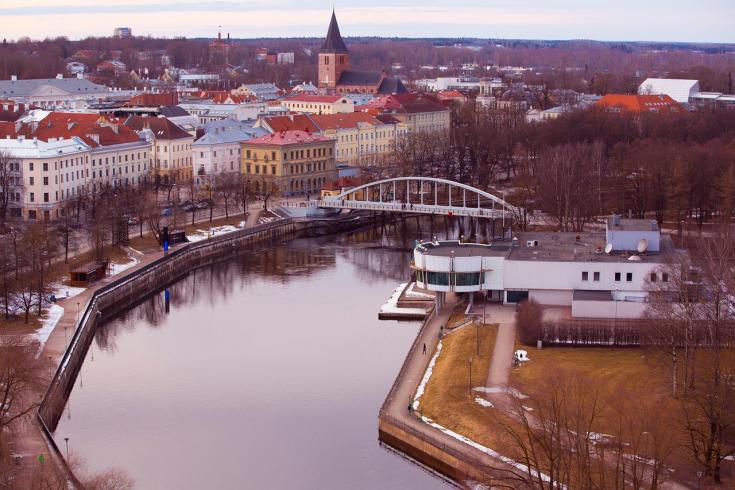Tartu 1st Local Stakeholder Group Meeting
The Tourism4SDG project focuses on supporting policy instruments for sustainable tourism, including various strategies, support measures, tax policies, and programs. The project provides an opportunity to share best practices with other countries while also learning from successful implementations elsewhere.
The success of the project depends not only on the expectations and ambitions set by the implementers (including the Estonian partners) but also on the ability to meaningfully engage other stakeholders. If the project is approached narrowly, fulfilling only the minimum requirements, implementation will be relatively straightforward. However, in this case, the project will lack substantial and long-term impact on tourism development in the Tartu region.
To ensure the project is not merely a side activity, it is essential to implement actions that align with the actual needs of Tartu County’s tourism sector. This means leveraging the project to enhance activities already required for regional tourism development. It is also important to keep in mind that the Tartu County Development Strategy 2040 includes action 2.3.1.7, which specifically addresses the development and marketing of sustainable tourism. The Interreg project directly contributes to this goal.
During the initial meeting, participants emphasized the importance of clear roles and responsibilities in both sustainable tourism development and the implementation of the project. Currently, the integration of tourism into local government strategies is highly inconsistent, with some municipalities lacking any reference to tourism. Participation in this project should encourage all municipalities in Tartu County to define their approach and set clear objectives for tourism development.
The meeting also included an overview of previous Interreg projects related to sustainable tourism, including the IMPACTOUR project, which focused on the development of sustainable cultural tourism. In this project, Estonia was represented by both Enterprise Estonia (EAS) and the Baltic Studies Institute in Tartu. EAS, advised by Ragnar, was responsible for developing a strategic framework covering infrastructure, accessibility, environmental impact, skills and knowledge, financial instruments, digital solutions, and connectivity. This highlights that sustainable tourism is not merely a tourism-related issue but intersects with broader themes such as energy efficiency, community engagement, culture, nature conservation, transport, and local entrepreneurship.
The biggest concern is how to involve project management competencies in the implementation of the project, especially in terms of substantive issues. Although there is a project coordinator working at Tartumaa Tourism, additional competencies are needed for substantive issues, even though the resources in the project are limited. This means that the division of labor must be thoroughly discussed in the early stages.
It is essential to involve other stakeholders (both local governments and leaders and entrepreneurs in the tourism sector) during the project. However, this should not be done without a clear plan, as there is a risk that the involved parties may not understand the importance of the project, and their involvement may become technical rather than substantive. Ideally, a substantive sustainable tourism development network or steering group should emerge in Tartu county in the background of the project, contributing to the coordination of the county's development strategy in the named field as well as to the Interreg project. In the first phase of the project, it will be necessary to map the current situation, analyze existing strategies and policy instruments of local governments, and assess county-wide initiatives. This analysis, which must also be delivered as a project output for each participating region, will serve as a valuable foundation for launching the work of the local stakeholder group.

